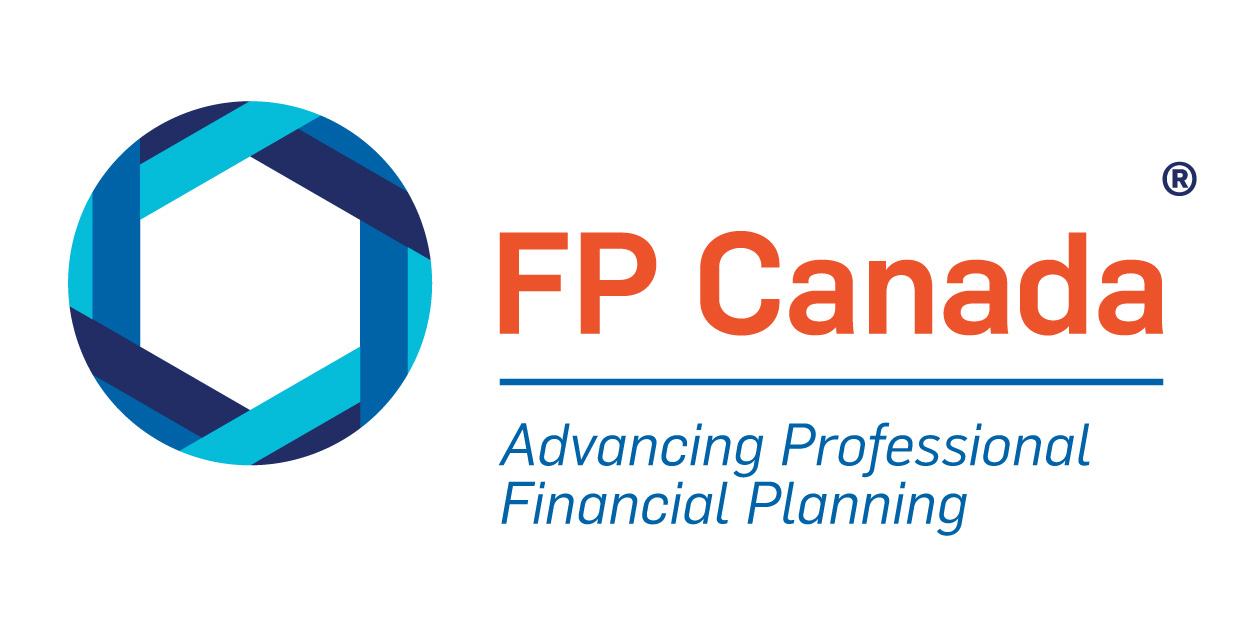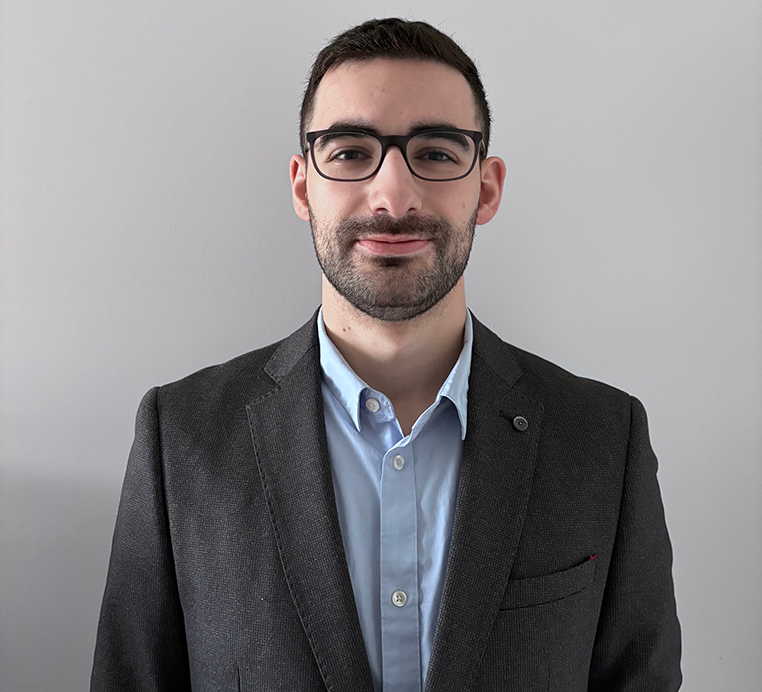The President’s List is in recognition of the CFP exam candidates who earned the three highest scores on any given sitting of the exam. Louai Bibi, CFP, has earned the award. The following blog post, written by Louai, contains strategies and tips that may help you succeed if you decide to write the CFP exam. You’ll also find insight into how best to approach a career in financial planning and find your first job.
Louai Bibi is a financial planning associate at PWL Capital Inc. He chose a career in financial planning in part because he’s passionate about helping families make meaningful decisions about their personal finances. He also wanted to be a trusted resource for clients seeking guidance as life changes and things come up.
For me, it's about building lasting relationships with families. Financial planning is a career path that allows you to spend hours running financial calculations and projections, but more importantly, it forces you to elevate your interpersonal skills and develop lasting relationships with the families you work with. No two meetings are ever the same, and you can continue learning every single day.
Choosing the Right Mindset
I found that surrounding myself with like-minded professionals whom I wanted to soak up knowledge and experience from was key. This is a career path where you have to leave your ego at the door. There’s something to learn every day, regardless of how big or small.
Being an impactful financial planner is less about the knowledge you retain from textbooks; it has more to do with leveraging your network when you may not have all the answers—and learning to build deep and meaningful relationships with the families you work with.
Getting a Foot in the Door
My best advice for getting started is learning in any way you can. If you’re able to find a role where there’s a hands-on mentorship program, great! Not every financial planner specializes in the same topics, so starting as a generalist in order to gain as much experience as possible and then finding the aspects of financial planning that you’re passionate about is a great start.
I’m also a strong proponent of ongoing education. It’s what drove me to pursue CFP certification. Getting certified can help equip you with advanced financial planning knowledge to better serve the families you work with.
Tips for Writing the CFP Exam
Here are a few things you may want to consider if you’re planning to write the CFP exam.
- Leverage the Practice Exam - I used FP Canada's practice exam and practice multiple choice/short-form questions. The practice exam was an excellent resource. Once I completed it, the exam software provided feedback on which exam topics I hadn’t nailed. This really helped me prioritize which chapters or topics I needed to focus on in the weeks leading up to the exam.
- Find Other Ways to Practice - I also registered for an exam preparation course, which helped me define a more structured study process. I’d listen to their pre-recorded webinars daily. I highly recommend registering for an exam prep course and enrolling in any live or pre-recorded classes available.
- Use Relevant Experience - I found that the best exam preparation was through my on-the-job experience working with clients and leveraging the financial planning professionals in my network for advice.
Looking to take your exam prep to the next level? FP Canada has a variety of tools and resources, such as practice exams, that let you experience what it’s like to take the exam. Visit the exam tools section of our website to learn more.


